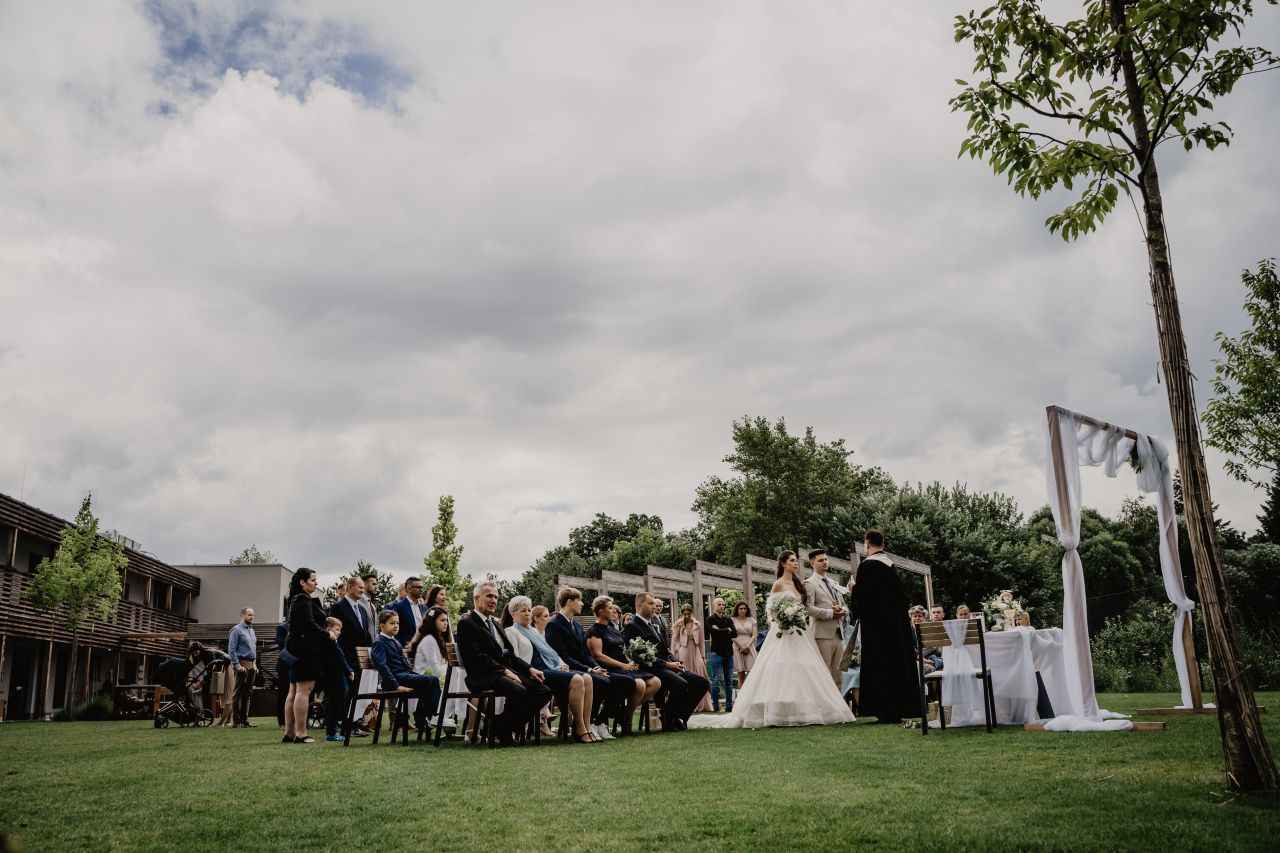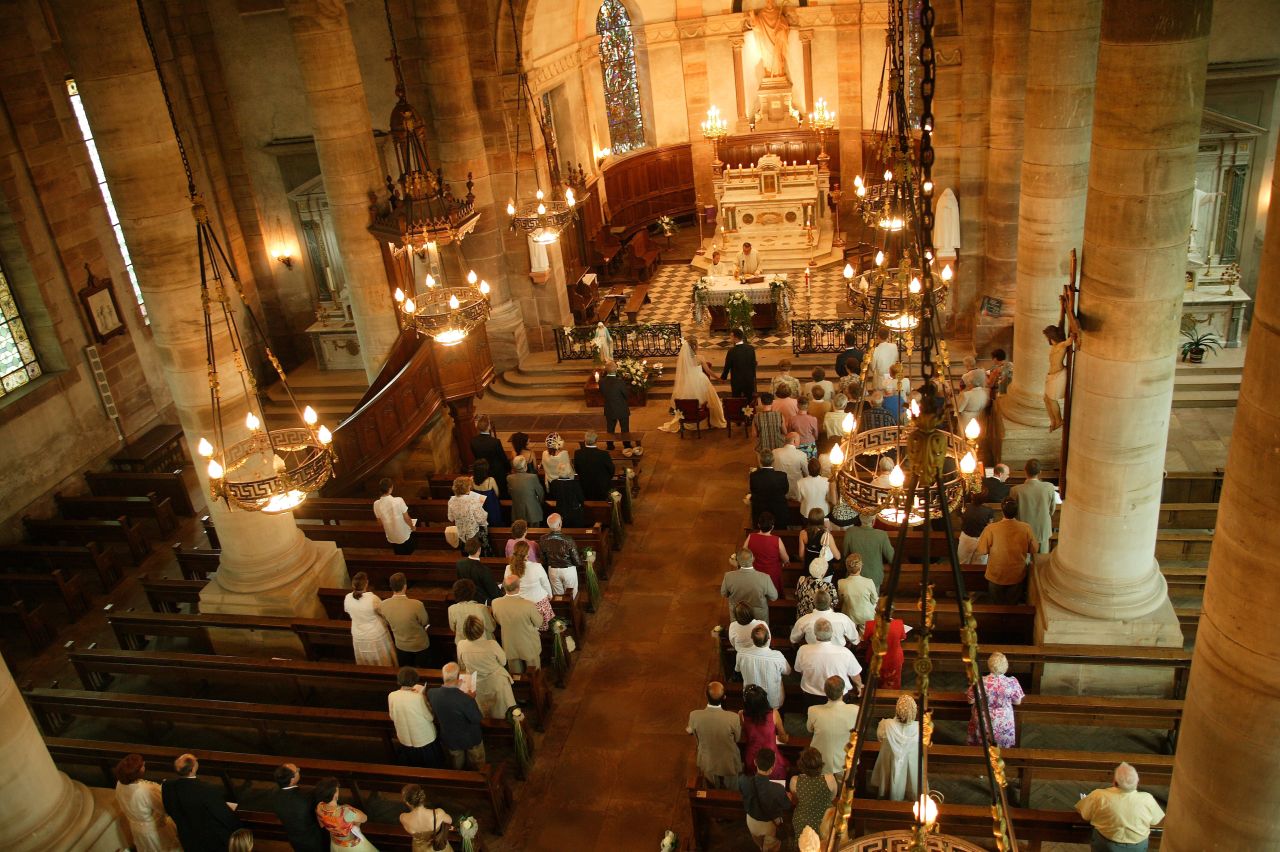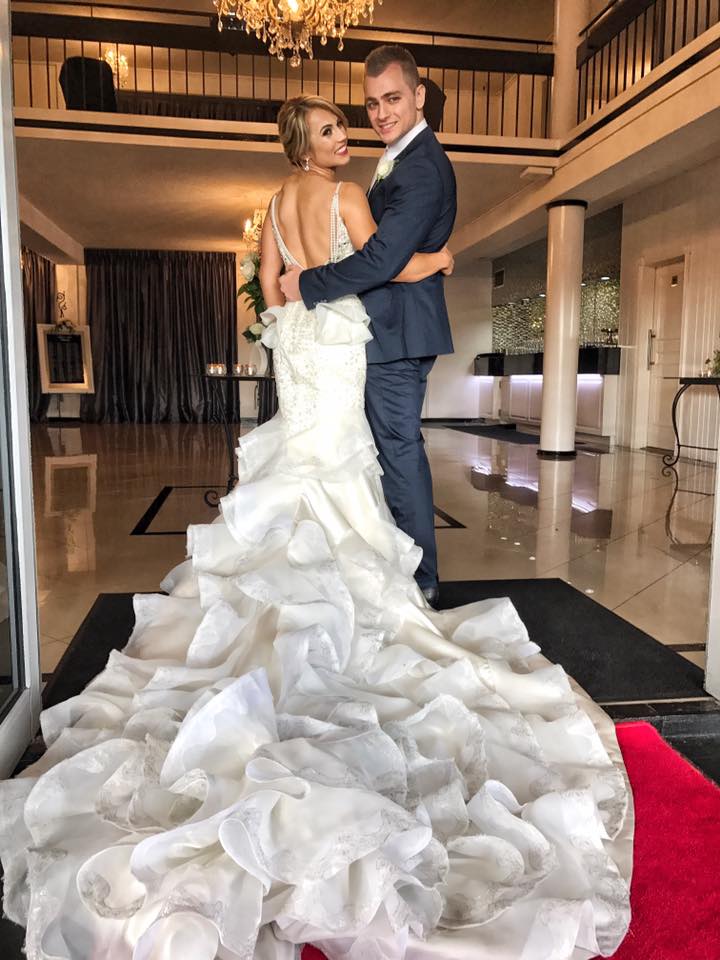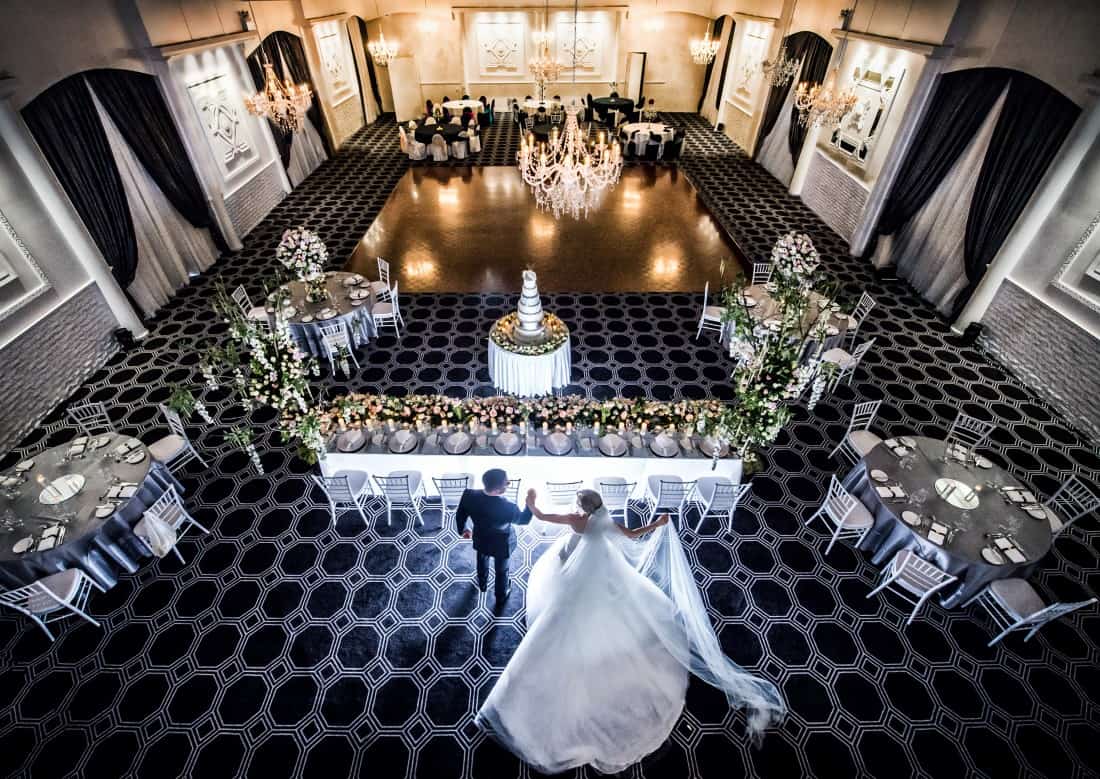Timing is one of the most important decisions when planning your wedding ceremony. The time of day you choose can significantly impact various aspects of your special day, including the overall vibe, lighting for photos, and even the cost. Here’s a guide to help you decide the best time for your wedding ceremony, considering different factors like season, budget, and personal preferences.
Let’s Get Straight to the Point
Choosing the best time for your wedding ceremony depends on season, budget, and personal preferences. Late morning to early afternoon is a popular choice for its balance of freshness and practicality, but morning, afternoon, or evening ceremonies each offer unique benefits.
Consider how the timing affects costs, photography, guest comfort, and the overall vibe. Seasonal changes, venue restrictions, and your preferred reception style also play key roles. Ultimately, your decision should reflect your vision and create the ideal atmosphere for your special day.
What Time Of Day Is Best For A Wedding?

The most popular time frame for wedding ceremonies is between 11 a.m. and 1 p.m. This window has traditionally been favoured for its balance between morning freshness and the practicalities of an afternoon reception. However, you don’t have to stick to the norm. Weddings can be just as beautiful in the morning, afternoon, or even night, depending on your vision.
The day of the week can also influence the ideal time for your ceremony. For example, Saturday weddings are flexible and can be held almost any time. In contrast, Friday and Sunday weddings may require more thoughtful timing. Friday weddings often start later in the day to accommodate guests coming from work. In contrast, Sunday weddings are typically held earlier so guests can enjoy the festivities without worrying about the next day.
Afternoon Wedding
An afternoon wedding is ideal for those who want a relaxed start to the day. It allows enough time to prepare without rushing and is convenient for guests, especially those with young children who may struggle to stay up late. Afternoon weddings are often more budget-friendly, and you can follow the ceremony with an elegant afternoon tea instead of a full meal. This timing also opens up more venue options, such as conservatories in stately homes or country house hotels.
Evening Wedding
Evening weddings offer a unique and romantic atmosphere, especially with candlelight or fairy lights. They can be more affordable for a simpler reception, such as a buffet instead of a sit-down meal. Evening weddings also allow venues like stately homes or National Trust sites to be available, as they may only offer evening events. However, ensure your venue is equipped for evening activities, and consider providing quieter spaces for guests who may not want to dance the night away.
All-Day Event
If planning an all-day event, consider your guests’ comfort and budget carefully. Starting with a midday ceremony followed by afternoon tea, cocktails, and an evening reception can be a lovely way to extend the celebration. Just remember to give guests a break between events, especially if they need to refresh before the evening party. Consider providing activities or quiet spaces for children if they’ll be attending.
Seasonal Considerations For Your Wedding Ceremony
Winter Weddings
- Best Time: Midday
- Considerations: Shorter daylight hours, cooler temperatures
- Challenges:
- Due to potential weather disruptions, morning or late afternoon ceremonies may face travel difficulties.
- Low light for photography; ensure adequate lighting.
Summer Weddings
- Best Time: Flexible, but avoid peak afternoon heat for outdoor ceremonies.
- Considerations: High temperatures, longer daylight hours
- Challenges:
- Afternoon heat can be uncomfortable for guests during outdoor ceremonies.
General Tips For Cold Months
- Morning or Late Afternoon Ceremonies: Consider the impact on guest travel and the quality of natural light for photography.
- Weather Considerations: Plan for possible disruptions, like snow or rain, and ensure you have contingencies.
- Lighting: Ensure adequate artificial lighting to compensate for low natural light, especially if your ceremony is later.

Timing Considerations For Wedding Ceremonies
Everything Depends On Timing
The time you choose for your ceremony can affect the overall cost of your wedding. Many couples prefer late morning or early afternoon ceremonies to maximise the duration of their celebration.
A morning ceremony can provide enough time for photographs and other activities before you leave if you plan to head off on your honeymoon in the evening. However, morning weddings might cost more, especially if you plan an all-day event, including meals, drinks, and entertainment.
Considerations For Evening Ceremonies
Evening ceremonies have become more popular, offering a romantic setting under candlelight or a sunset backdrop. These ceremonies are ideal for couples looking for a more intimate or unique experience, and they can be more budget-friendly if you focus on an evening-only reception. However, it’s essential to consider whether your venue and guests can accommodate an evening timeline.
Key Considerations For Selecting Your Ceremony Time
1. Venue Restrictions
Check your venue’s policies regarding the duration of your event. Some venues book by the hour, so ensure you have enough time for your ceremony and preparations if you’re getting ready on-site.
2. Sunset Timing
If you aim for sunset photos, plan your ceremony to allow enough daylight for post-ceremony pictures. Knowing when the sun sets will help you schedule your ceremony accordingly.
3. Ceremony Length
Discuss the length of your ceremony with your officiant. This will help you plan the rest of your day, ensuring you have enough time for photos, the reception, and other activities.
4. Catering And Reception Style
The style of your reception—whether it’s a full meal or a simple cake and drinks—should influence the timing of your ceremony. For example, a late afternoon ceremony might be best for planning a traditional dinner reception.
5. Guest Demographics
Consider the age and preferences of your guests. An evening wedding might be ideal if you have a younger crowd who enjoys a party. A morning or early afternoon wedding may be more suitable for families with children.
6. Formal Farewell
Decide how to end your wedding day with sparklers, bubbles, or a rose petal toss. The timing of this event should align with your overall schedule, and it should be captured beautifully in photos.
7. Preparation Time
Brides typically spend three to six hours getting ready on their wedding day. Consider this when planning your ceremony start time to ensure you’re timely.
8. Photography Schedule
Coordinate with your photographer to plan the best time for your wedding photos. They can help you decide the ideal time for your ceremony based on natural light and other factors.
Choosing the right time for your wedding ceremony is a personal decision that depends on several factors, including your budget, the season, and your preferences. While late morning to early afternoon remains popular, explore other options, like evening or all-day events.
By considering all the elements—from preparation time to guest comfort —you can create a wedding day schedule that perfectly suits your vision. Remember, the most important thing is that your wedding day reflects your love story in the best possible light, no matter when it begins.


